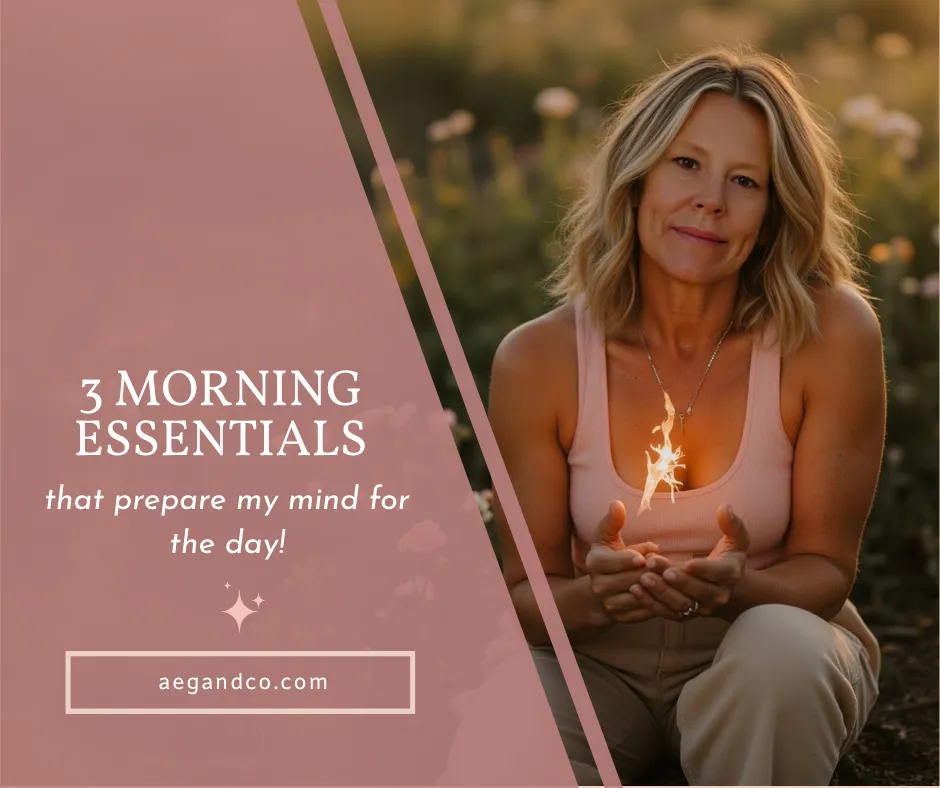
Morning Essentials
“These three practices aren’t about perfection. They’re about presence.” ~Athena Emert Gray
We prepare our bodies—showers, workouts, breakfast. But what about our minds?
Why does it matter?
Because those off days—where everything feels slightly off-kilter, and your mood tanks for no clear reason—often begin without a pause. Without a moment to orient your thoughts or listen inward.
When you give your mind space to wake up, to drift or focus intentionally, you’re not just “getting ready.” You’re briefing your subconscious for the day ahead. That 10 a.m. meeting. The frustrating phone call. The awkward moment when your teammate drops the ball and the project lands in your lap.
Again.
Tuning your mind ahead of time doesn’t guarantee a smooth day—but it does build a quieter kind of readiness. Think of it as a morning check-in. A way to let your mind know you’re paying attention. You’re partnering with it. And in return, it meets the day with more patience, more presence, and maybe even a bit more grace.
Here are my three essentials:
1. Exercise
Yes, it’s for my body—but also for my brain.
I move first thing in the morning. While my body gets going, my mind gets to wander. Sometimes it processes. Sometimes it vents. And often, it stumbles upon the perfect thought to bring into my journal—or rehearses the words I might need later in the day.
And discipline? It spills over. From body to mind. From intention to action.

2. Meditation
Right after movement, I sit. Still.
Sometimes it’s guided, especially if there’s something I’m working through. Other times, it’s just me, my breath, and the sound of the fan. It quiets the mental noise and interrupts any spiral before it gains speed.
When I feel a mood creeping in, this is where I reset. Not by pushing it away, but by refusing to feed it.
3. Journaling
This is where I direct the flow.
If something came up during exercise or meditation, I meet it on the page. But more often, I reach for one of my Momentum Journals—each one designed to steer my thoughts where I want them to go.
Journaling helps me focus. And that focus gives rise to ideas, clarity, and choices I might have missed if I let my mind wander unchecked.
When I skip this routine, I feel it. So do the people around me.
These three practices aren’t about perfection. They’re about presence. And for me, they’re the difference between reacting to the day—and partnering with it.
When you are ready to partner with your mind, give Uncover a try and see where your mind leads you, what it uncovers and is begging for your attention.
